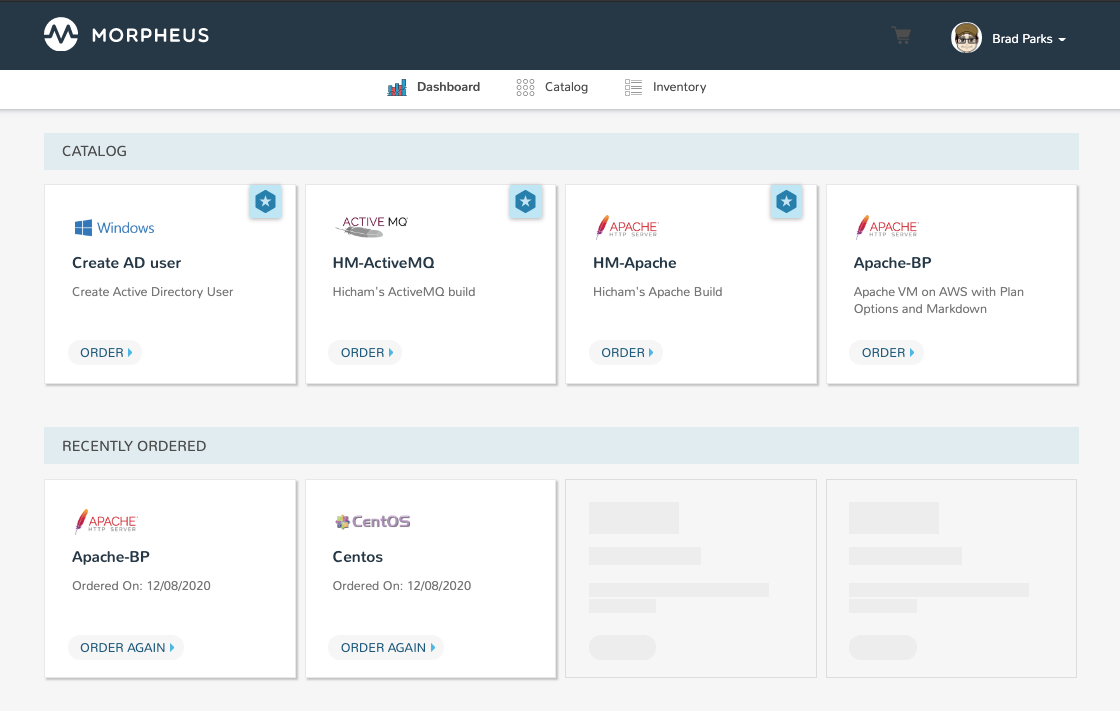Morpheus Data announced today it is adding a more turnkey edition of its hybrid cloud platform aimed at midmarket IT organizations.
Priced starting at $16,000, Morpheus Essentials can be deployed on VMware, Nutanix, Amazon Web Services (AWS), Microsoft Azure and Google Cloud Platform (GCP), with support for Kubernetes planned.
At the same time, Morpheus Data is updating its core platform to add support for a Plug-in Framework that provides integrations with nearly 100 cloud services without requiring DevOps teams to write code. The company is also adding support for a shopping cart capability through which third-party applications can be automatically deployed as a service.

Finally, Morpheus Data is adding scanning tools based on the security content automation protocol (SCAP) to make it easier to embrace best DevSecOps practices.
Brad Parks, chief marketing officer for Morpheus Data, said the goal is to reduce the level of friction IT organizations encounter when trying to centralize the management of public clouds and on-premises IT environments. With more organizations than ever now managing two or more clouds alongside an on-premises IT environment, the need to unify the management of those platforms has become more pressing, he noted.
The current state of the economy requires IT organizations to reduce the number of management consoles they need to master for each platform, which Parks noted reduces the cost of IT labor because organizations no longer need to designate a specialist to manage each platform employed. The Morpheus platform also enables IT organizations to set up guardrails that enable DevOps teams to self-service their own requirements regardless of platform within the context of policies defined by IT operations teams, he added.
Of course, the Morpheus Essentials edition of the hybrid cloud platform might also appeal to smaller units within larger IT organizations that need to manage a range of platforms that as yet may not be as widely employed as the platform the rest of the enterprise has standardized on.
It’s not clear to what degree IT organizations may finally be moving to centralize the management of IT just yet, but the rise of edge computing may finally force the issue at a time when most IT teams continue to work from home to help combat the spread of the COVID-19 pandemic.
Nevertheless, IT teams are prone to be protective of their individual fiefdoms. As such, convincing them to give up a specific platform console in favor of a platform that can be applied more widely can be a challenge. There always will be a trade-off between the capabilities available in a management console that was created for a specific platform and a management console designed for multiple platforms. The issue IT leaders will need to determine is to what degree a missing capability might have a meaningful impact on the productivity of the IT team.
Regardless of the platform selected, the one thing that is clear is as IT becomes more complex to manage the current status quo is not likely to hold.





